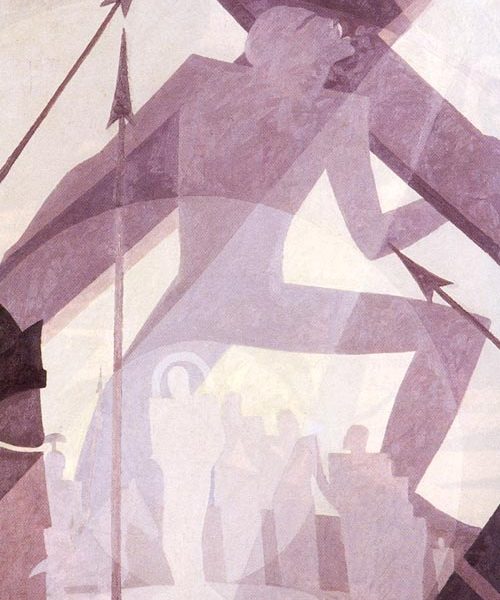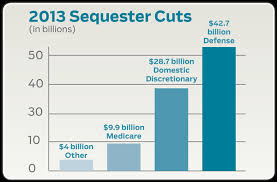
In the interest of full disclosure I’ll note at the outset that I am married to a federal government employee. The idiotic faux crisis of the sequester, like its recent precedents, is personal in our household. I read the end of the gospel passage for this week and think, “hell, they’ve put plenty of manure around this fig tree of Washington politics and it hasn’t produced fruit for years. Let’s cut the damned thing down.”

The Notre Dame Institute for Advanced Study hosted a conference at the beginning of this month on Theology and Black Politics. Opening with the question: “What is the Black Church?”, the conference addressed fundamental concerns regarding the nature of black politics and theology.

…there is another way in which human judgment often aspires to God-likeness: when it seeks to control the future course of events, preventing future evils, rather than merely rectifying existing wrongs.
Of course, there is a plausibility in this aspiration, since prudence is one of the essential political virtues, and prudence is above all concerned with weighing future consequences, with planning and forethought, with mitigating foreseen harms and maximizing prospective benefits. But prudence, in the scheme of cardinal virtues, must remain always the handmaiden of justice.

And so it is to Jerusalem that Jesus must go. Why Jerusalem? How would the scene have played out differently if the Pharisees, in their plotting, had simply arranged to have Jesus murdered on the road – on his way to the city? What if Jesus had never come to Jerusalem? To the temple? What if he died and even was resurrected while preaching the good news of God’s Kingdom in Galilee? What’s so special about Jerusalem?
Viewed in the light of liberal commitments, Calvin’s chief error appears to be his presumption that the civil magistrate has not only the right, but the duty, to use his coercive office to enforce “piety.” As Calvin argues, the political ruler must recognize his duty “to cherish and protect the outward worship of God, to defend sound doctrine of piety and the position of the church” and to “form our social behavior to civil righteousness,” thus promoting social peace (Institutes 4.20.2). To liberals, of course, this appears dangerously intrusive.

